Once upon a time, there were two north-east politicians.
One, Bob Middleton, was leader of the Labour group, the other, John Porter, leader of the Conservative group. Both served on Grampian Regional Council.
These men disagreed on many issues. In council, they regularly went at it, hammer and tongs. Then, along with their wives, they would set off on holiday together.
This amazed many people. But, they were able to do this because, in football parlance, they played the ball, not the man.
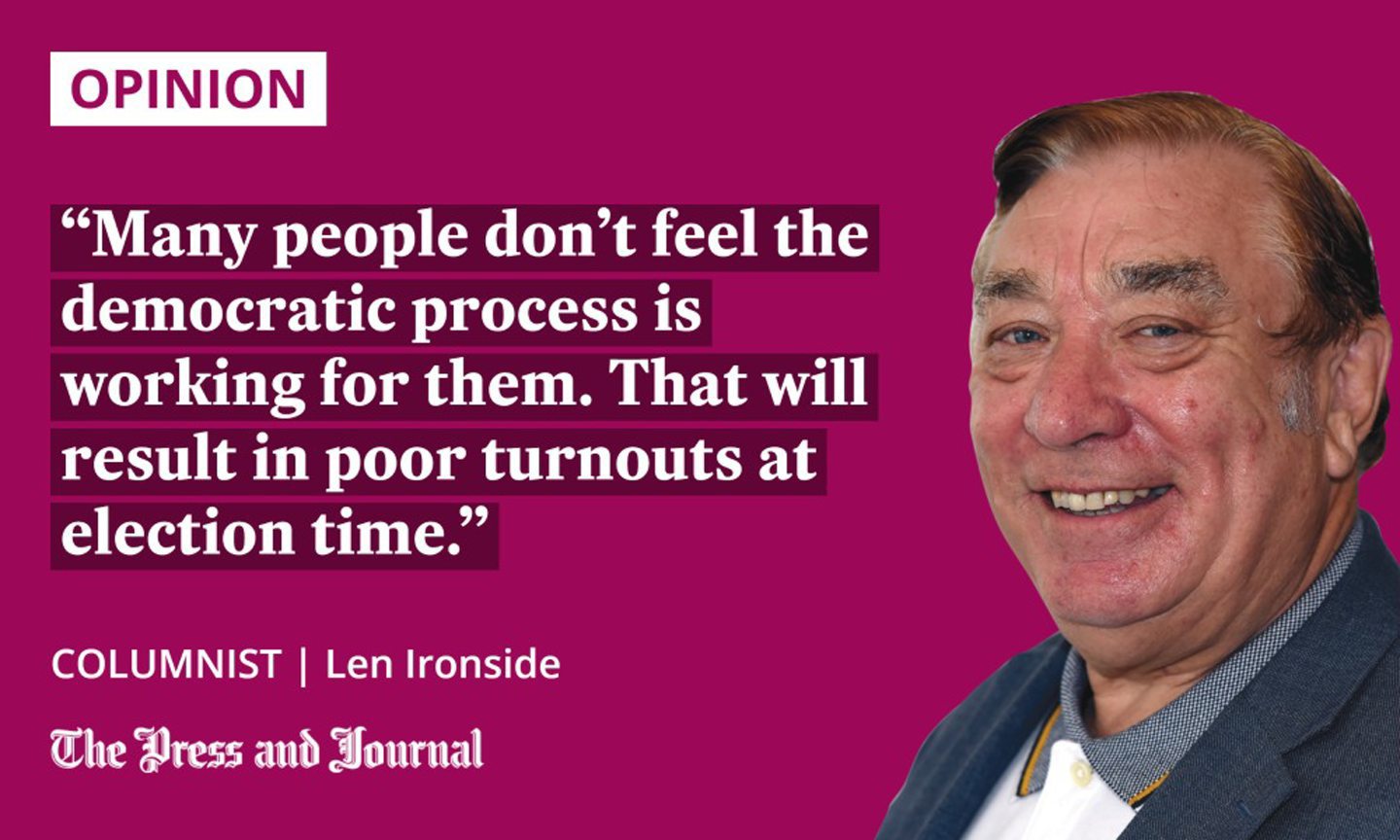
They disagreed on policy but never allowed it to become personal, nor did they trade personal insults. It was always about which solution was best.
That was my first lesson in politics. Argue the policy. Don’t let it become personal.
When the first big oil crash hit Aberdeen in the late 1980s, the Grampian region formed the first public and private partnership, with industry to promote the skills, goods and services provided in the north-east.
Despite the fact that there was a Liberal minority group running the council, both Bob and John took turns to give keynote speeches, supporting the concept of promoting the region both nationally and internationally to attract jobs.
That was my second lesson. When elected, the people in the city come first. You must support things that are best for your area, that’s why you were put there.
Politics has turned nasty
During my time in politics, people like Donald Dewar, the first ever first minister of Scotland, and John Smith, leader of the Labour Party following Neil Kinnock, possessed these qualities, and were considered honourable men with integrity.
Locally-elected people like Anne Begg, Frank Doran and Alick Buchanan-Smith were similarly imbued with these qualities.
Politics today has turned nasty. There are too many who openly lie to the public. They have even invented a new word for lying – “misspeaking”. So, a minister doesn’t tell lies, they simply misspoke!
Government ministers are reluctant to get involved in the areas of responsibility for which they collect the salary.
Why do we persist with political theatre?
Prime and First Minister’s Questions have become farces, with few answers ever given. Instead, the replies are usually condescending and sneering towards the person who has asked the question, with cheering in Westminster and infantile desk-thumping and hand-clapping in Holyrood.
Recent shambolic Commons performances have resulted in the population turning away from those who govern us
Many questions are, naturally, politically-loaded and designed to highlight government failures but, rather than accept that things haven’t worked, the indefensible is denied or defended. No one admits to failing. No wonder the public has little faith in them.
It does make me wonder why we persist with this outdated practice in current times.
Perhaps it’s political theatre that elected politicians enjoy. But the public learns very little.
When the Scottish Parliament’s debating chamber was designed, it was made horseshoe-shaped, so that answers to questions were directed to the Speaker as opposed to in Westminster, where the combatants face each other directly. However, that design hasn’t worked, as any minister replying usually turns away from the Speaker and addresses their own party.
Recent shambolic Commons performances have resulted in the population turning away from those who govern us. Some politicians are no longer considered reputable.
Deception and confusion seem to trump strong, positive governance
Take the plight of refugees running for their lives and trying to enter UK. The idea of flying persecuted people off to Rwanda, an unstable country with dubious human rights abuses, is in itself an abuse of human rights.
Perhaps some young people with fresh minds will have more success in getting elected and taking things forward
The UK Government dresses this up as attacking human traffickers and saving lives crossing the English Channel. In reality, their proposals smack of discrimination and won’t deter the traffickers at all.
The real answer is to open a safe UK border control office in France, where the refugees can be taken through the procedure and legal processes for asylum. Far less costly than the estimated £1.4 billion per year earmarked, and certainly more humane.
But, that’s the level we have reached today. Deception and confusion instead of strong, firm, positive governance.
The peoples of the United Kingdom all have the same concerns. Cost of living crisis, energy bills spiralling out of control , rail strikes, airports in chaos, teachers, police and even the legal profession, considering strike action. We need strong, positive governments in order to resolve these issues.
The effects of the war in Ukraine – rocketing oil prices and depriving countries of grain when half the world is starving – requires leadership to inspire concerted global action and resolution.
Many people don’t feel the democratic process is working for them. That will result in poor turnouts at election time.
Perhaps some young people with fresh minds will have more success in getting elected and taking things forward, rather than what we hear at the moment – discredited voices, harking back to the failed solutions of the past.
Len Ironside CBE is a former champion wrestler who served as an Aberdeen councillor for 35 years, with four years as council leader
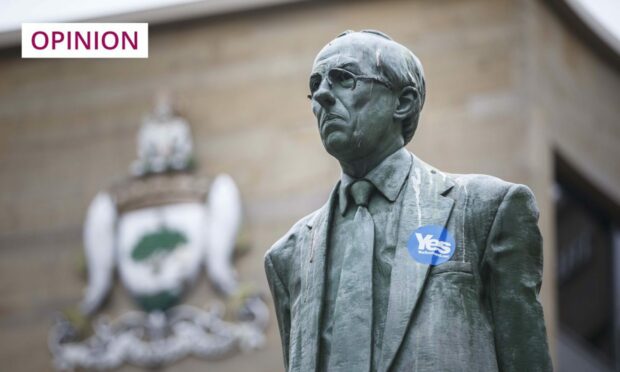
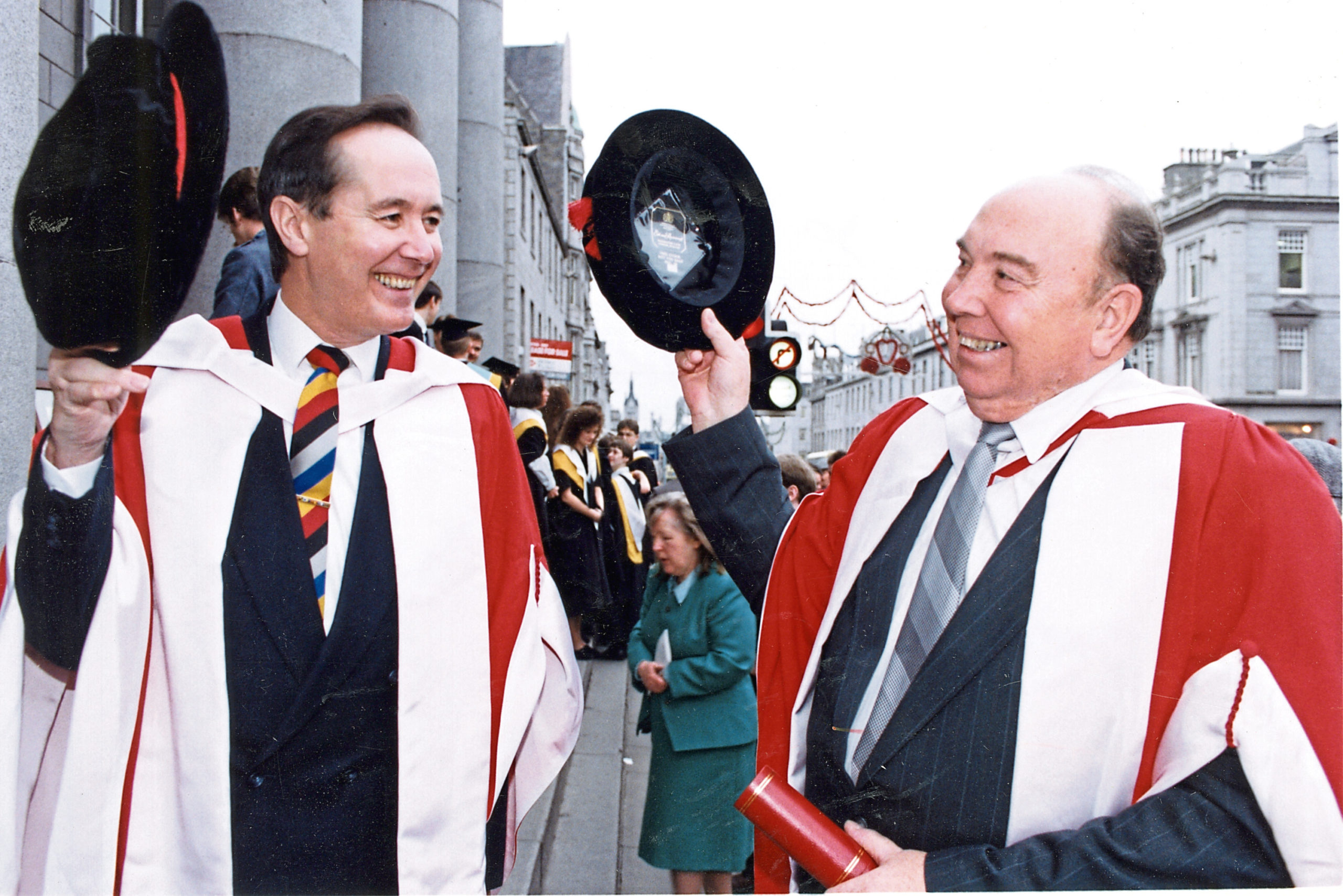
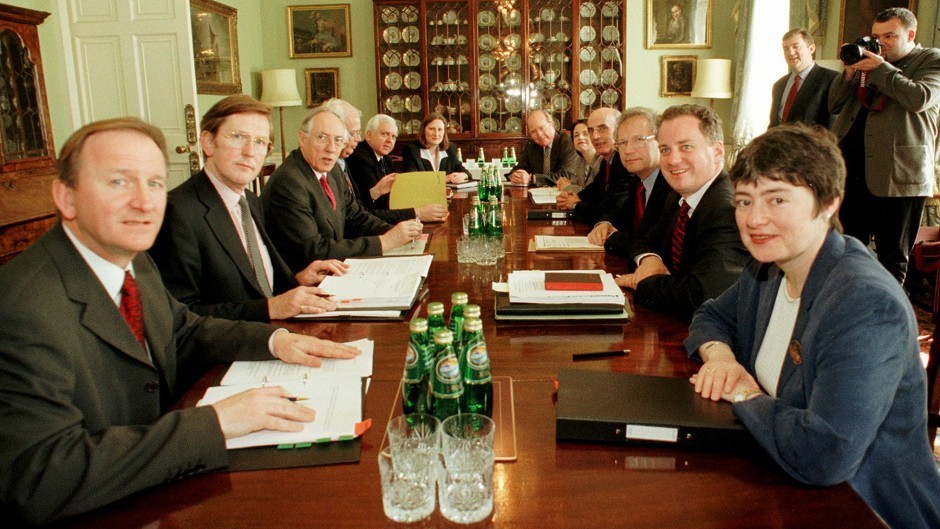
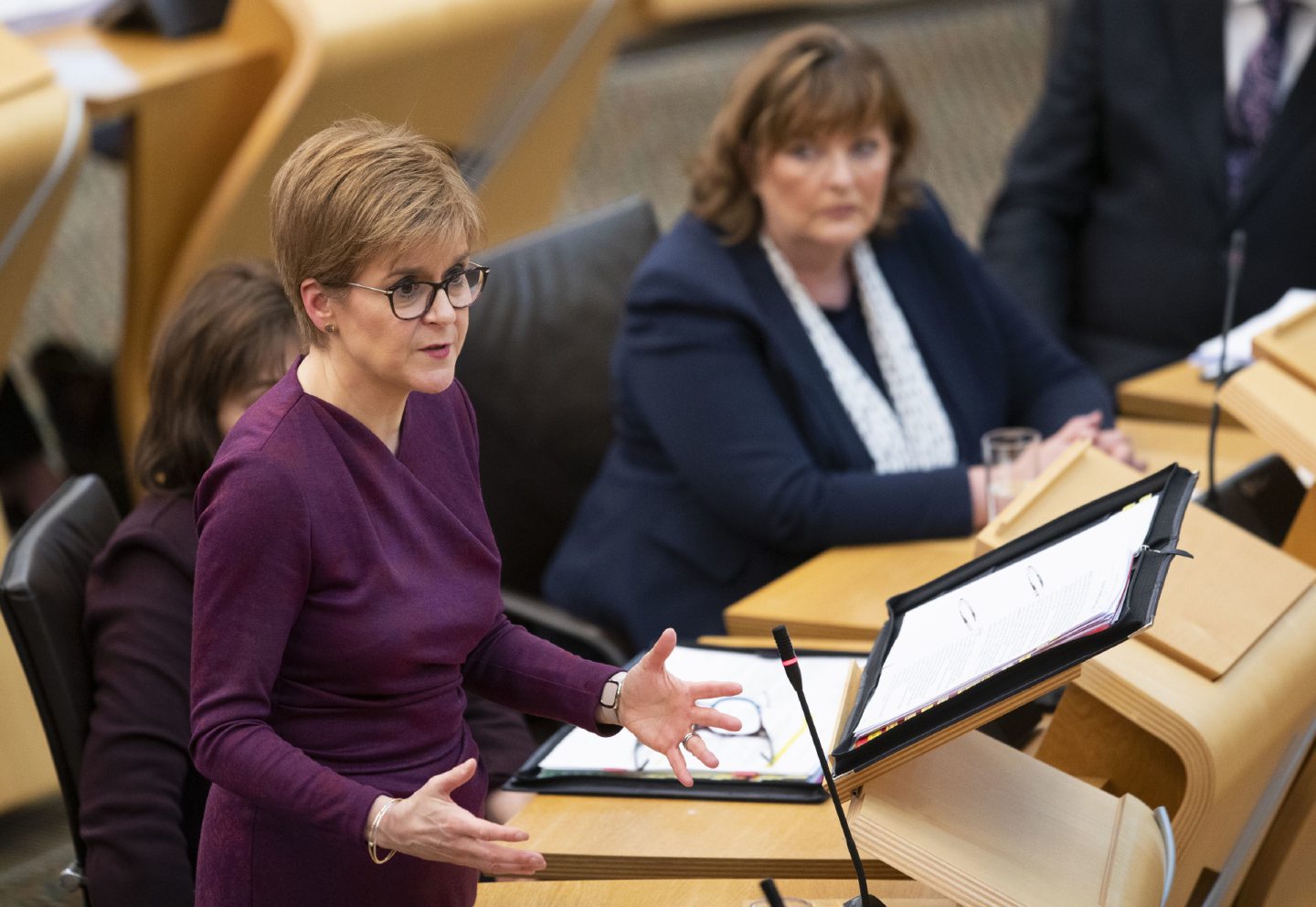
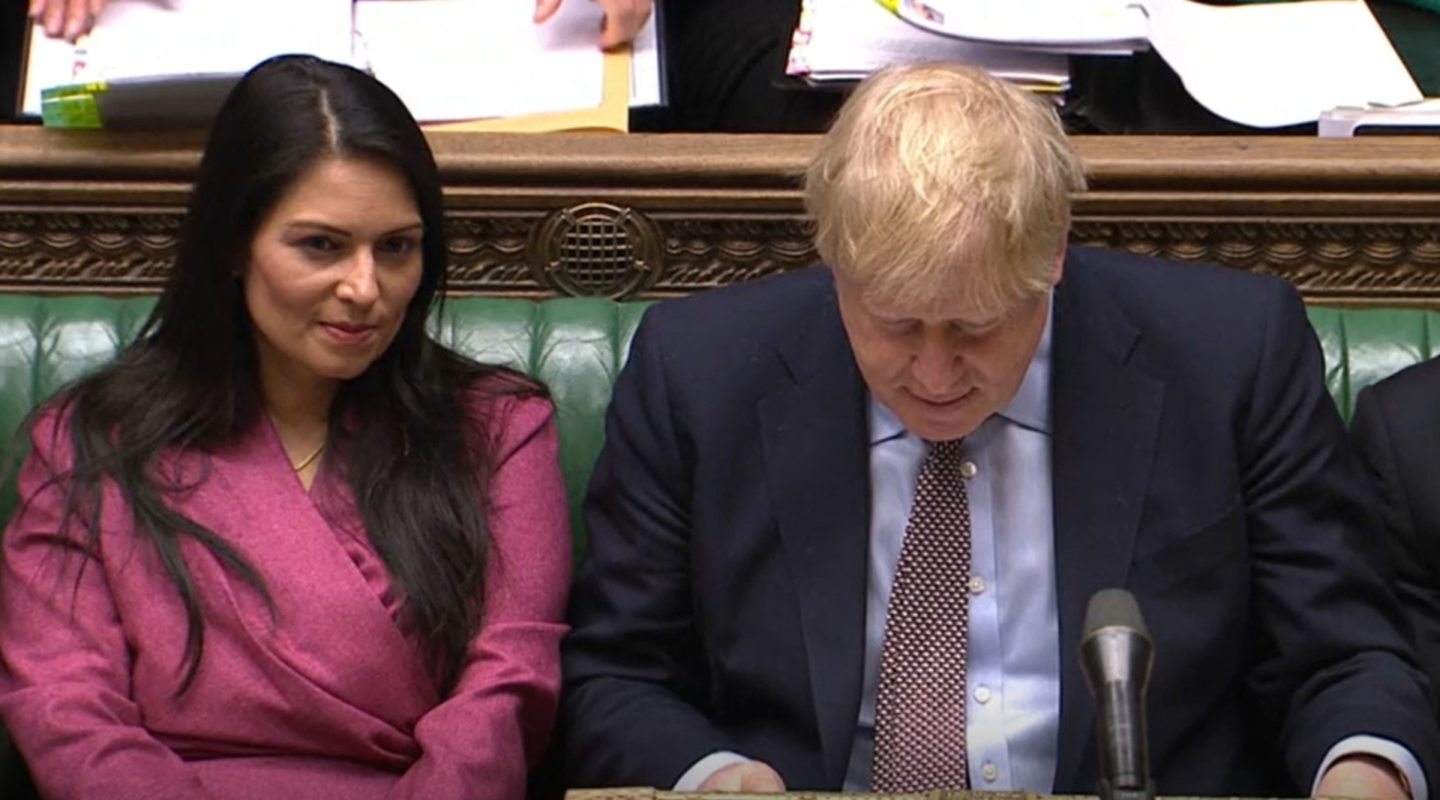

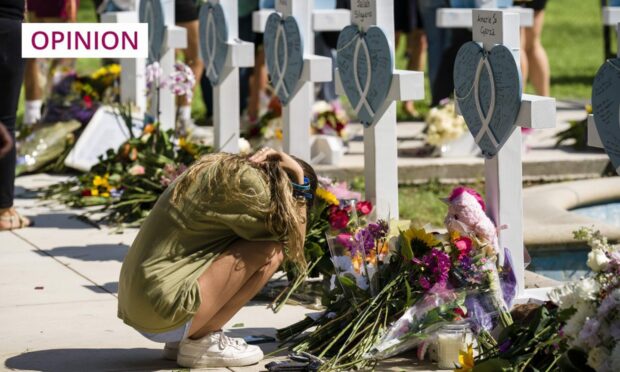
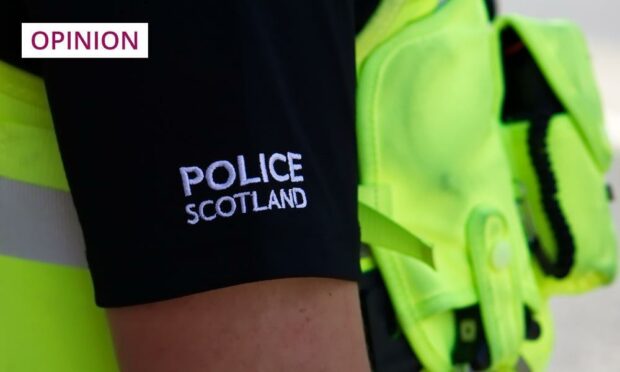
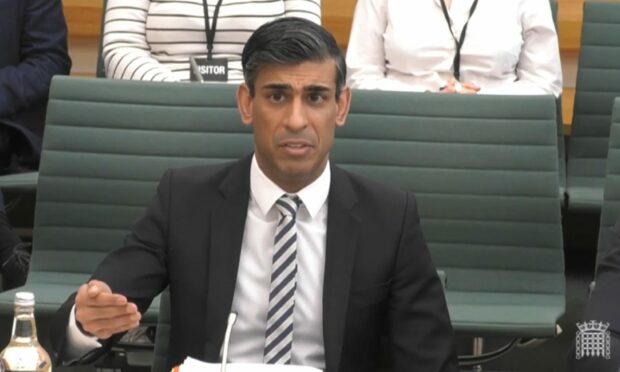
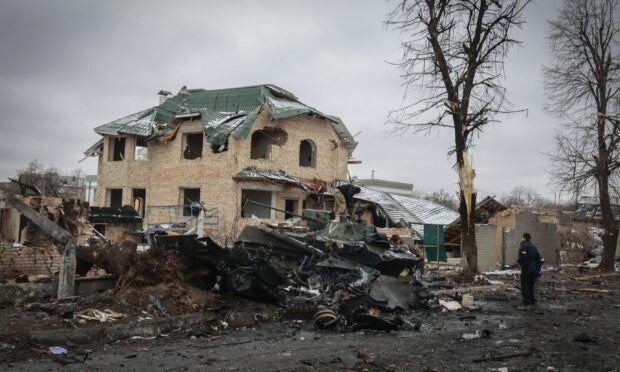
Conversation